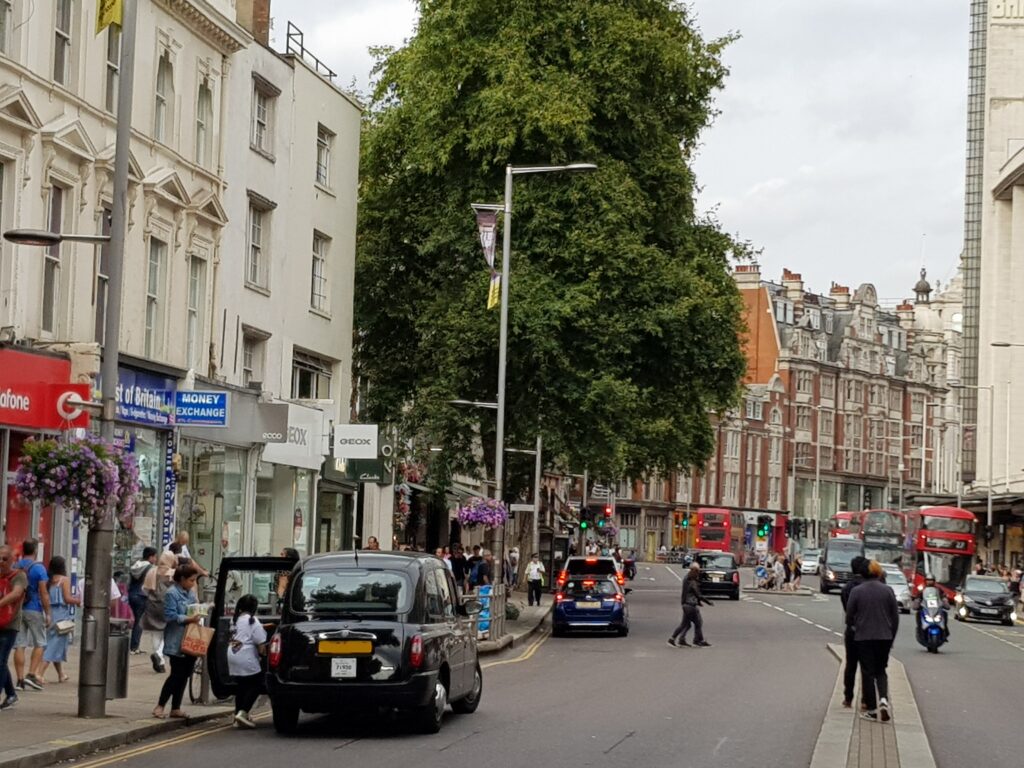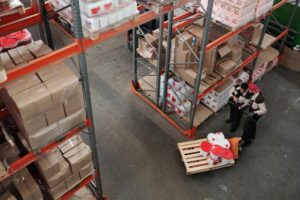
In a quiet street in Kensington, a homeowner turns on the shower expecting a refreshing morning routine, only to find a weak trickle of water. A few doors down, another resident notices a slow drain in the kitchen sink that refuses to clear despite repeated plunging. These small frustrations are more common than many realize, and they highlight how vital reliable plumbing is in daily life.
Plumbing issues, whether minor or major, affect nearly every household at some point. While some can be solved with quick DIY fixes, others demand professional help. In this article, we’ll look at the most frequent plumbing problems faced by Kensington residents, share practical tips for resolving them, and explain when it’s time to rely on professional plumbing services Kensington homeowners can count on.
The Five Most Common Plumbing Issues in Kensington
1. Low Water Pressure
Low water pressure can turn a shower into a slow drip and make everyday chores frustrating. In older Kensington homes, mineral buildup inside pipes is often the culprit. Another common cause is hidden leaks within walls or beneath flooring.
DIY Fix: Start by cleaning faucet aerators and showerheads, which often collect sediment. If the problem persists throughout the house, it may signal pipe corrosion or a pressure regulator issue. In that case, professional inspection is best.
2. Clogged Drains and Toilets
Kitchen sinks that back up or toilets that flush slowly are among the most common calls to plumbers. Clogs often come from grease, food scraps, or wipes that aren’t meant to be flushed.
DIY Fix: A plunger or a drain snake usually solves surface-level clogs. Baking soda and vinegar can also help in some cases. But recurring clogs may point to deeper blockages in the sewer line, requiring professional equipment.
3. Leaking Pipes
Small leaks may seem harmless, but they waste water, raise bills, and can cause significant structural damage over time. Many Kensington homes with older plumbing systems are especially prone to leaks at joints and connections.
DIY Fix: Temporary fixes like plumber’s tape can hold off a drip until a plumber arrives. However, leaks inside walls or under floors should never be ignored, as they may lead to mold or costly water damage.
4. Running Toilets
A running toilet can waste hundreds of gallons of water in a week. Often, the problem comes from a worn-out flapper valve, which is inexpensive and easy to replace.
DIY Fix: Turn off the water, remove the toilet tank lid, and check the flapper. Replacing it usually costs less than $10. If that doesn’t solve the issue, the fill valve or flush mechanism may need attention.
5. Water Heater Issues
Few things are more unwelcome than an unexpected cold shower. Water heater problems in Kensington homes range from faulty heating elements to sediment buildup inside the tank.
DIY Fix: Flushing the tank once a year helps reduce sediment. If the water remains cold, or if you hear banging noises from the tank, it’s safer to have a professional assess the unit.
When DIY Isn’t Enough
DIY repairs are great for quick fixes, but plumbing often requires specialized tools and experience. Attempting more complex jobs can sometimes worsen the problem, leading to bigger bills later.
This is where professional plumbing services Kensington residents trust become essential. Licensed plumbers not only repair the immediate issue but also inspect the system as a whole to prevent future failures.
Real-Life Story: The Cost of Waiting
A Kensington couple ignored a minor drip under their kitchen sink, thinking it was nothing urgent. Months later, their wooden cabinets showed water stains, and mold had begun to spread behind the wall. The repair, which could have cost under $100 initially, ballooned into several thousand dollars including mold remediation.
This story isn’t unique. Many plumbing problems worsen with time, turning from small inconveniences into expensive emergencies.
Preventive Tips for Homeowners
-
Check water pressure regularly using a pressure gauge from a local hardware store. Ideal household pressure ranges between 40–60 psi.
-
Inspect fixtures monthly for drips, leaks, or slow drains.
-
Avoid chemical drain cleaners that can damage pipes over time.
-
Flush the water heater yearly to extend its lifespan.
-
Know where the main shut-off valve is in case of sudden leaks or bursts.
Simple preventive steps like these reduce the chances of disruptive plumbing issues.
The Bigger Picture: Why Plumbing Matters
Plumbing doesn’t just make life convenient; it protects health and property. Safe water supply, efficient drainage, and functioning fixtures all contribute to a home’s livability. In a community like Kensington, where older homes mix with newer builds, staying on top of plumbing maintenance is especially important.
Ignoring small signs—like strange noises in pipes, slow drains, or minor leaks—often leads to larger disruptions. And while some fixes are straightforward, others call for expertise that only professional plumbers can provide.
Closing Thoughts
Plumbing problems are part of homeownership, but they don’t have to disrupt your life if handled early and properly. While DIY solutions work for minor issues, recurring or complex problems need professional support. For households facing persistent leaks, low pressure, or clogged drains, relying on plumbing services Kensington specialists ensures the job is done right.
A proactive approach—catching issues early, doing small fixes, and knowing when to call in the experts—keeps your home running smoothly and saves money in the long run.


